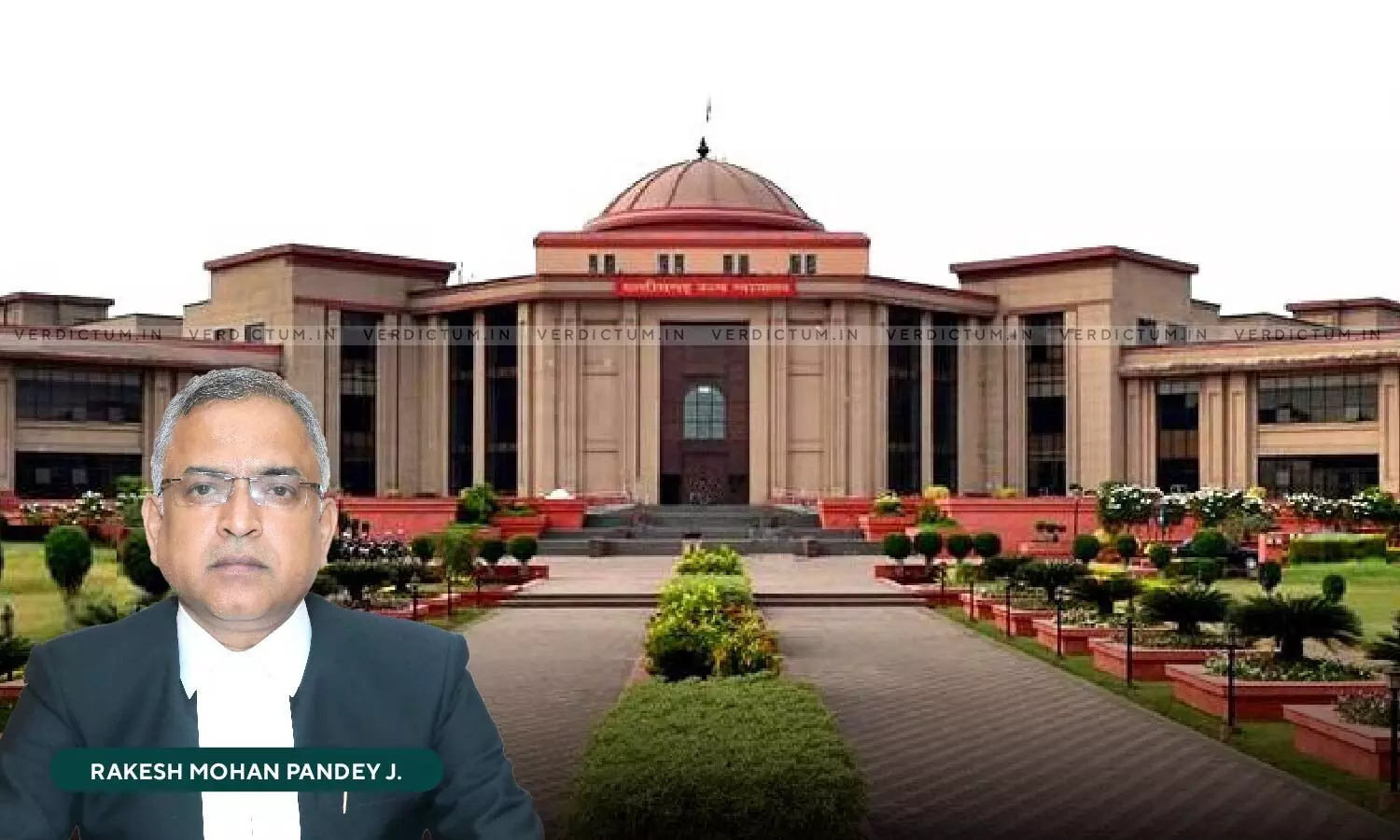
Void Order Or Decision Is Effective Between Parties Until It Is Successfully Avoided Or Challenged In Higher Forum: Chhattisgarh HC
 |
|The Chhattisgarh High Court observed that the void order or decision is effective between the parties until it is successfully avoided or challenged in a higher forum.
The Court observed thus in a petition seeking to pass a writ of mandamus restraining the South Eastern Coalfields Limited (SECL) from arbitrarily and unreasonably reading into the Fuel Supply Agreement (FSA) of MB Power (Madhya Pradesh) Limited, forming part of FSAs of some other companies.
A Single Bench of Justice Rakesh Mohan Pandey said, “It is well-settled law that even a void order or decision rendered between parties cannot be said to be non-existent in all cases and in all situations. Ordinarily, such an order will, in fact, be effective inter partes until it is successfully avoided or challenged in a higher forum.”
Advocate Sourabh Dangi represented the petitioner while Senior Advocate Vivek Ranjan Tripathi and Deputy Solicitor General Ramakant Mishra represented the respondents.
Brief Facts -
The petitioner company was engaged in the business of power generation having an operational 1200 MW coal-based thermal power project in Madhya Pradesh. Earlier, it was a practice to issue a linkage letter for a stable supply of coal based on the interest shown by the companies setting up thermal power projects. Thereafter, once an allotee of linkage showed that it had made progress with respect to its project interest including acquisition of more than 50% of land and achieving financial closure to fund the project.
The petitioner signed LoA with SECL and FSA was entered into between the parties in 2013, having validity for a period of 20 years or the effective date of the life of the power plant. The Annual Contracted Quantity (ACQ) was effective through a side agreement and the parties entered into the side agreement and ACQ was also enhanced in proportion to the subsequent increase in the percentage of PPA(s). In 2019, SHAKTI Scheme was incorporated into the FSA and then a meeting was held in 2022 to consider the request for coal linkage to Central/State Sector Power Plants. In the meeting of Standard Linkage Committee of Coal (SLC), the claim of the petition was rejected.
The High Court in view of the above facts noted, “The Hon’ble Supreme Court following the principle of law laid down in M.K. Kunhikannan Nambiar's case (supra), in the matter of Krishnadevi Malchand Kamathia and others v. Bombay Environmental Action Group and others, (2011) 3 SCC 363, again held that whether an order is valid or void, cannot be determined by the parties. For setting aside such an order, even if void, the party has to approach the appropriate forum.”
The Court said that the SLC (LT) is the highest body which comprises of the Ministry of Coal, NITI Ayog, Ministry of Power, Central Electricity Authority, Ministry of Shipping, Ministry of Steel and CMDs of PSUs and that the SHAKTI Scheme has been introduced for the transparent, fair and effective distribution of coal within the country between the power companies.
“But the petitioner has not challenged the minutes of the meeting of SLC (LT) dated 28.10.2022 in this petition whereby the claim of the petitioner was rejected. Actually, the petitioner is aggrieved with the decision taken by the SLC (LT) in the meeting dated 28.10.2022. The petitioner ought to have challenged the aforesaid decision taken by SLC (LT) dated 28.10.2022. In the absence of such a challenge, no relief can be granted in favour of the petitioner”, it added.
Accordingly, the High Court dismissed the petition.
Cause Title- MB Power (Madhya Pradesh) Limited v. South Eastern Coalfields Limited & Ors. (Neutral Citation: 2024:CGHC:11394)
Appearance:
Petitioner: Advocates Sourabh Dangi, Vaibhav Mishra, and Sajal Gupta.
Respondents: Senior Advocate Vivek Ranjan Tripathi, Deputy Solicitor General Ramakant Mishra, Central Government Counsel Tushar Dhar Diwan, Advocates H.S. Ahluwalia, and Atul Kesharwani.